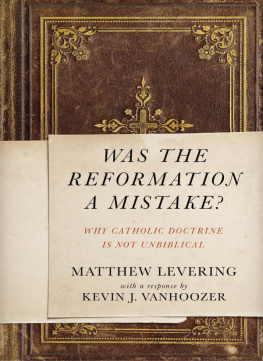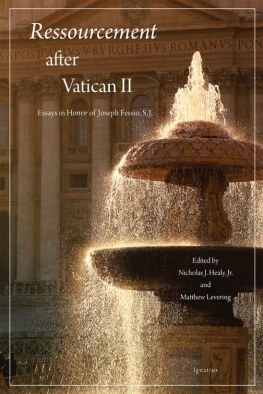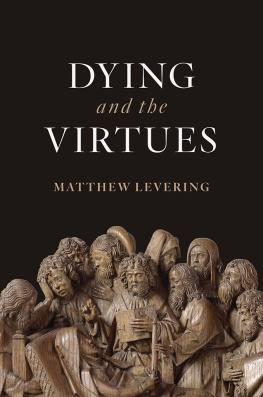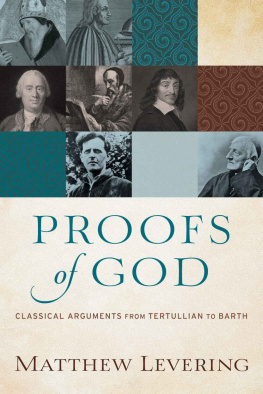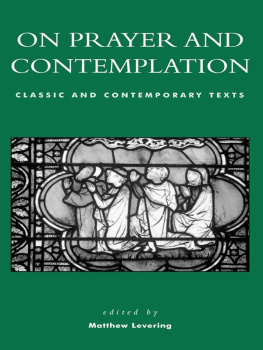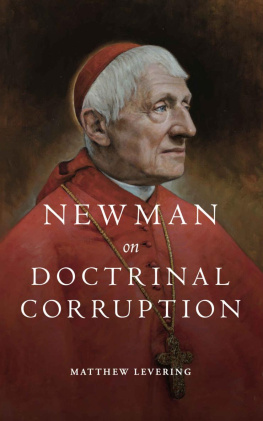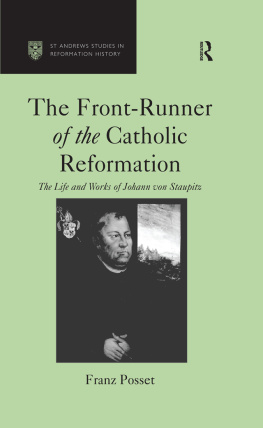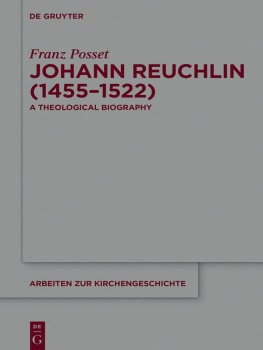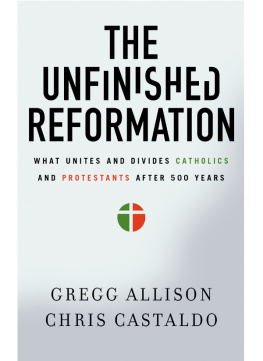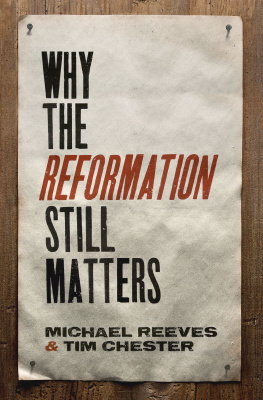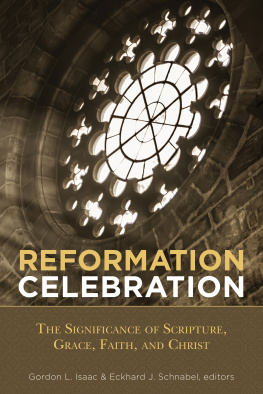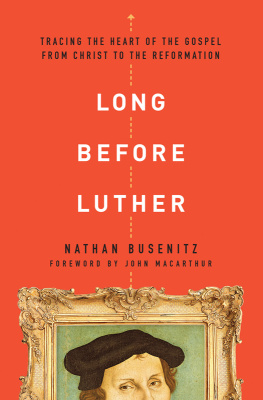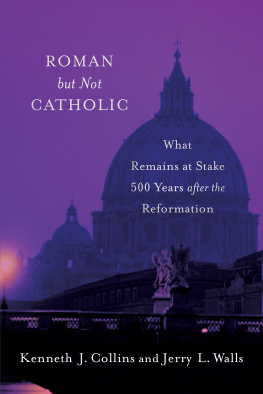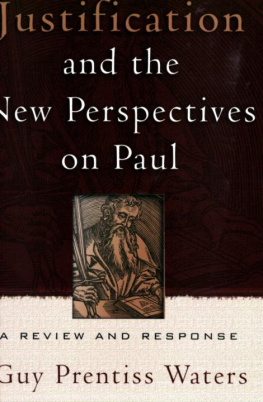Matthew Levering - Was the Reformation a Mistake?: Why Catholic Doctrine Is Not Unbiblical
Here you can read online Matthew Levering - Was the Reformation a Mistake?: Why Catholic Doctrine Is Not Unbiblical full text of the book (entire story) in english for free. Download pdf and epub, get meaning, cover and reviews about this ebook. year: 2017, publisher: Zondervan Academic, genre: Religion. Description of the work, (preface) as well as reviews are available. Best literature library LitArk.com created for fans of good reading and offers a wide selection of genres:
Romance novel
Science fiction
Adventure
Detective
Science
History
Home and family
Prose
Art
Politics
Computer
Non-fiction
Religion
Business
Children
Humor
Choose a favorite category and find really read worthwhile books. Enjoy immersion in the world of imagination, feel the emotions of the characters or learn something new for yourself, make an fascinating discovery.
- Book:Was the Reformation a Mistake?: Why Catholic Doctrine Is Not Unbiblical
- Author:
- Publisher:Zondervan Academic
- Genre:
- Year:2017
- Rating:5 / 5
- Favourites:Add to favourites
- Your mark:
Was the Reformation a Mistake?: Why Catholic Doctrine Is Not Unbiblical: summary, description and annotation
We offer to read an annotation, description, summary or preface (depends on what the author of the book "Was the Reformation a Mistake?: Why Catholic Doctrine Is Not Unbiblical" wrote himself). If you haven't found the necessary information about the book — write in the comments, we will try to find it.
In its actual historical context, it hardly seems fair to call the Reformation a mistake. In 1517, the Church was in need of a spiritual and theological reform. The issues raised by Renaissance humanism - and by the profound corruption of the Churchs leaders, the Avignon papacy, and the Great Schism in the fourteenth and fifteenth centuries - lingered unresolved. What were key theological problems that led to the Reformation?
Theologian Matthew Levering helps readers see these questions from a Catholic perspective. Surveying nine key themes - Scripture, Mary, the Eucharist, the Seven Sacraments, monasticism, justification and merit, purgatory, saints, and papacy - he examines the positions of Martin Luther and makes a case that the Catholic position is biblically defensible once one allows for the variety of biblically warranted modes of interpreting Scripture. At the same time, Levering makes clear that he cannot prove the Catholic case.
The book concludes with a spirited response by mere Protestant theologian Kevin J. Vanhoozer.
Matthew Levering: author's other books
Who wrote Was the Reformation a Mistake?: Why Catholic Doctrine Is Not Unbiblical? Find out the surname, the name of the author of the book and a list of all author's works by series.

